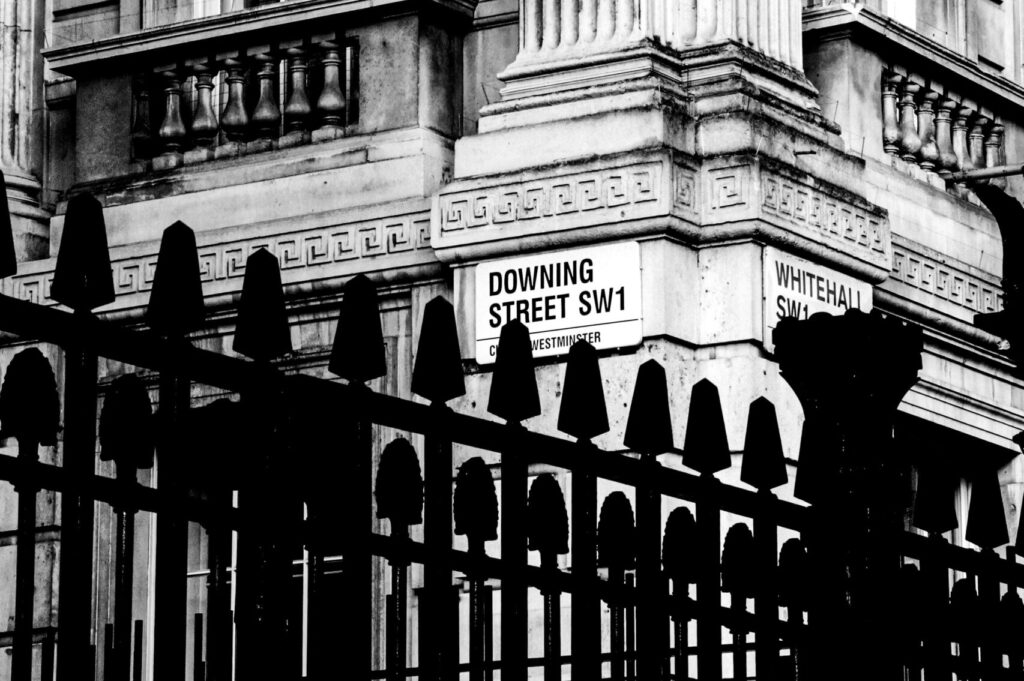Rather listen? Simply hit the play button and listen to the article in full
- Hard Labour 00:00
Matthew Boyd looks back at Keir Starmer’s first year in office
When Labour took office in July 2024, it did so with a substantial mandate and a promise of ransformation. Former civil servant Sir Keir Starmer was propelled into Downing Street backed by 411 abour MPs.
Many welcomed the change promised. To many in the press lobby, Labour offered calm, adult administration. The first King’s Speech brought a bold 39 bills, including moves to bring the passenger rail network in Great Britain back into public hands and establish GB Energy, a state-backed energy firm. The constitution was also in Labour’s sights, with a bill to continue what Tony Blair had started and remove remaining hereditary peers from the Lords.
Talk of strong foundations, of rebuilding infrastructure and strengthening employment rights flitted around Westminster. For a moment, the mood of the party faithful was buoyant. But the honeymoon was short. Rioting erupted across cities during the summer, stirred up by far-right extremism online. Starmer’s steady leadership during the unrest earned praise, but deeper challenges for his nascent administration were only just beginning to surface.
Treasury challenges
At the Treasury, Rachel Reeves made history as the first woman Chancellor in over 800 years – change for the better; a glass ceiling shattered. Her early speeches struck a pragmatic tone and she was frank that the books were worse than expected. A £22 billion hole in the public finances demanded urgent action.
The City seemed to appreciate her candidness, despite a CV that turned out to be a tad generous with the truth.
The discovery of the fiscal black hole has brought a tightening of belts. Though Reeves has rejected the language of austerity, the reality has been a sharp turn toward spending restraint.
Reforms to disability benefits have dominated headlines. And for pensioners, changes to the Winter Fuel Allowance have only compounded their difficulties.
Nearly 10 million pensioners lost access to a payment many had come to rely on to get through the colder months, in a controversial move restricting the payment to those on means-tested benefits such as Pension Credit.
For those on fixed incomes, the sense of betrayal has been palpable. Among older voters – traditionally not a Labour stronghold, but increasingly open to its message – there has been a sharp cooling of enthusiasm.
That frostiness has deepened with the WASPI issue. Despite a Parliamentary and Health Service Ombudsman’s damning report that found Whitehall guilty of maladministration over the communication of state pension age changes, the government has refused to commit to compensation.
Pensions policy hasn’t been absent from the legislative agenda. The government introduced the Pension Schemes Bill, designed to encourage consolidation of smaller schemes and channel investment into UK infrastructure. The aim is to unlock capital for the new National Wealth Fund, a flagship project designed to stimulate domestic growth.
While welcomed by some in the pensions sector, others worry that these large-scale reforms risk sidelining member outcomes in favour of broader economic goals.
Industrial tensions have added to the pressure on Starmer. Having ended the
railway and junior doctors’ strikes that dogged the Tories, we’ve now seen Labour councils clash with trade unions. This has been prominent in Birmingham, where
bin workers have staged prolonged strikes over pay and grading issues. The party, born of organised labour, finds itself awkwardly caught between its fiscal promises and traditional expectations.
For CSPA members, it all adds up to a mixed picture. The rhetoric of stability and growth is welcome. But the substance, particularly around entitlements such as the Winter Fuel Allowance, has brought worry.
There is a growing sense among older voters that they are being asked to do the
heavy lifting around a crisis that is not of their making.
Holding government to account
The CSPA has been active in ensuring older people’s sacrifices don’t go unnoticed and that their voices are heard. Through its own campaigning and with its Later Life
Ambitions partners, it has championed concerns about bank branch closures and
digital exclusion. As Starmer nears his first anniversary, his early promise of change has been tempered by the gritty realities of government. He may argue that sacrifices
today will bear fruit tomorrow, but for many pensioners tomorrow feels a long way off. The coming year will be crucial. A government that came to power on the back of trust must work to preserve it. For the CSPA and LLA, the message is clear: stay vigilant, stay informed, and keep holding power to account.
Matthew Boyd is a senior account executive at Connect Group.







